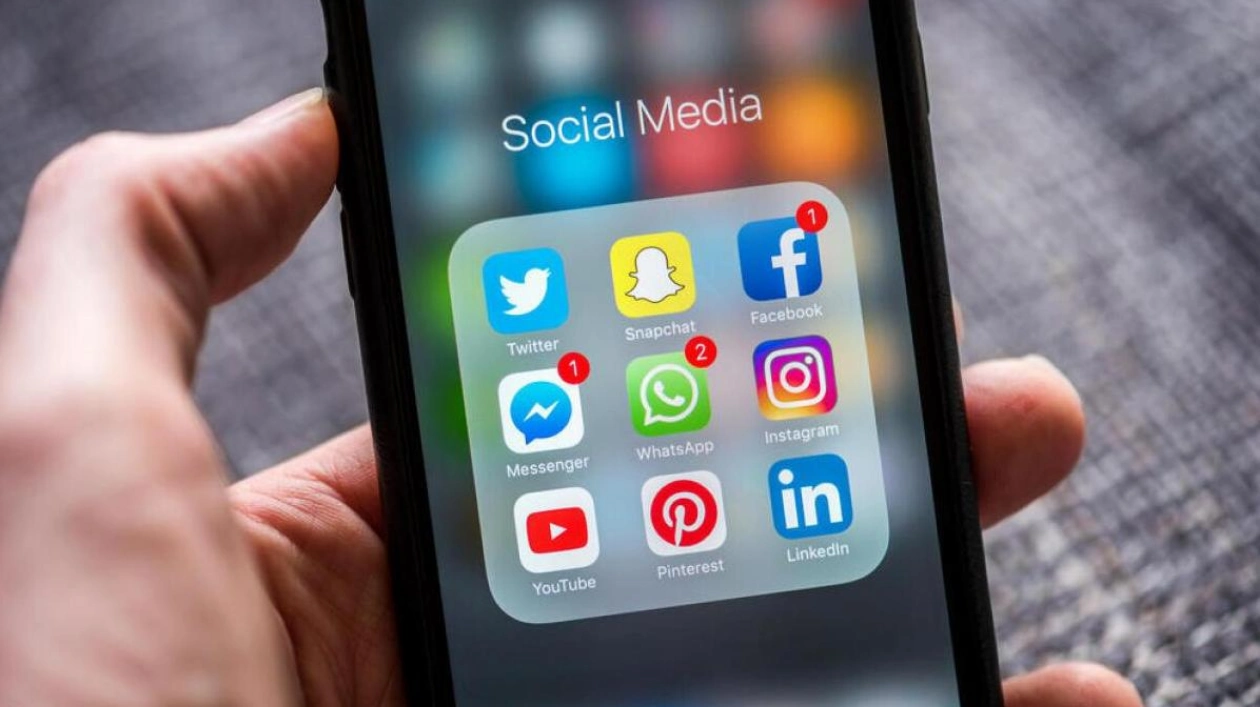Seventeen-year-old Saood Chaudry has repeatedly attempted to delete social media apps to break free from their grip, but he inevitably returns. Confessing to a compulsive online behavior, Saood finds it nearly impossible to completely disconnect. "Disconnecting would mean losing touch with certain individuals," he explained to Khaleej Times. Saood's predicament is not unique; many teenagers rely heavily on these platforms for social interaction.
Psychologists identify two primary reasons behind this phenomenon: the strategic design of social media platforms and the fear of missing out (Fomo). These platforms are engineered to maintain user engagement through endless scrolling and instant gratification mechanisms like likes and shares, according to Dr. Parvathi V Raveendran, a clinical psychologist at Zulekha Hospital Sharjah. Additionally, the fear of missing out drives teens to constantly update themselves on their peers' activities.
Mariam, Saood's mother, has observed changes in his behavior linked to his social media usage. "Saood's behavior shifted dramatically, and he started showing interest in things he usually avoided," she noted. Aliza Butler, 11, is aware of the risks of social media addiction but remains unfazed. Her mother, Jodi, has noticed changes in Aliza's personality since she began using social media, including increased confidence at school and a more withdrawn demeanor at home.
Such behavioral shifts can adversely affect mental health, warns Dr. Parvathi. Constant comparison with peers and exposure to idealized images can harm self-esteem and lead to anxiety and depression. Dr. Shaju George, a psychiatrist at International Modern Hospital Dubai, adds that social media can distort one's perception of reality by presenting a skewed view of social interactions.
However, social media can also inspire. Mohammed Ibrahim, 16, believes that the content one encounters on social media significantly influences their thoughts. As an aspiring athlete, social media is crucial for self-promotion and reaching a broader audience. His mother, Sajida, expresses concern about how his digital-native lifestyle will affect his real-world interpersonal skills.
Psychologists emphasize the need to avoid excessive social media use during adolescence, a period marked by significant brain development affecting personality and decision-making. Child behaviorist Rawan Eid Al Desouki advises considering various factors before allowing children access to social media, including their age and personality. Dr. George recommends sensible use of social media under parental guidance, with controlled time limits.






